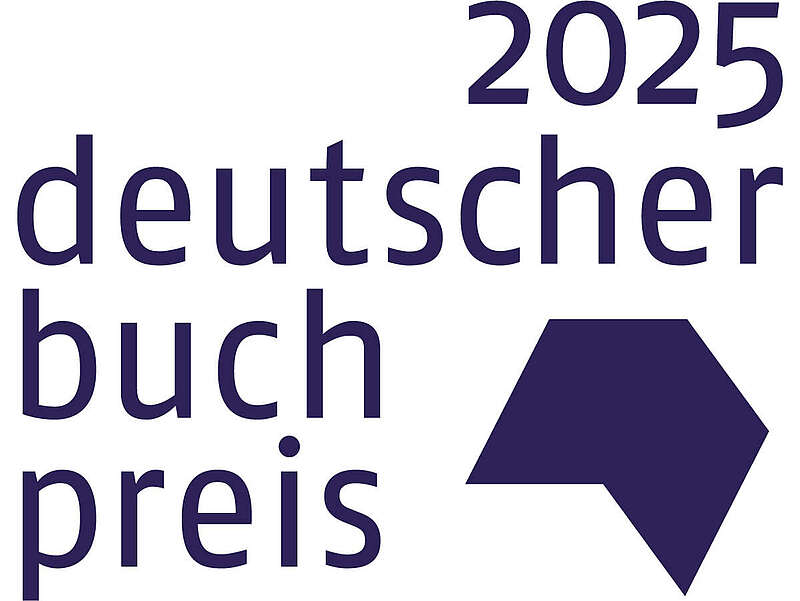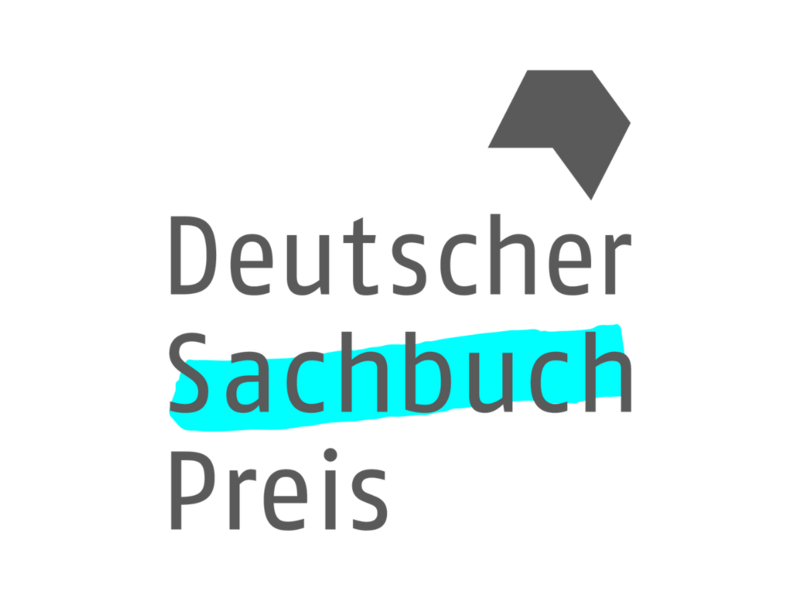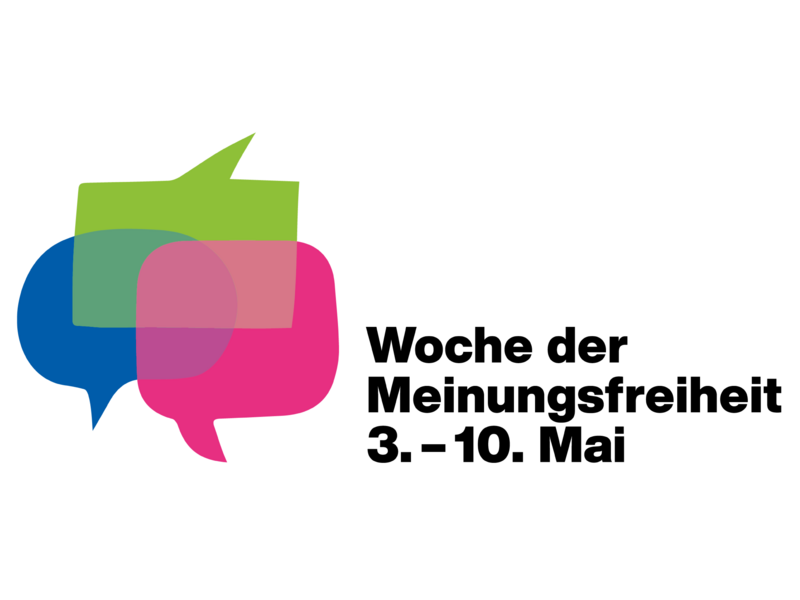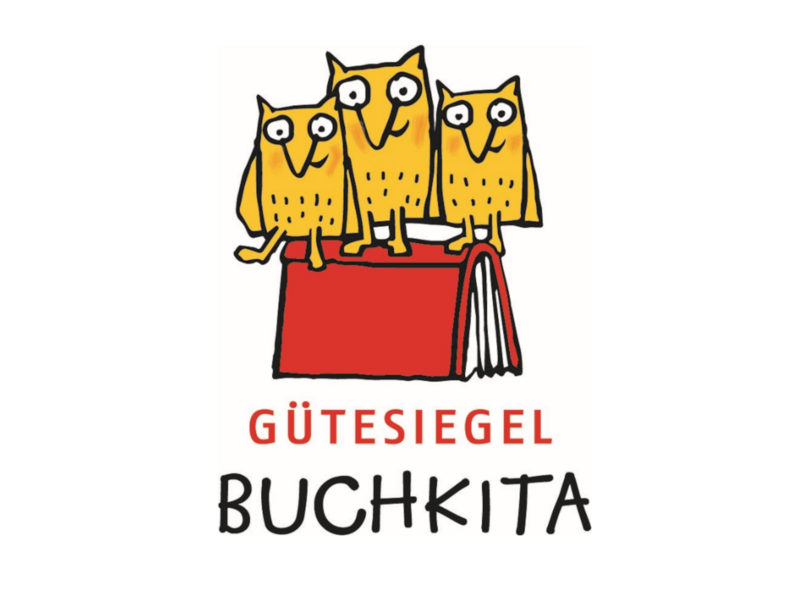Start of Frankfurter Buchmesse: “A Celebration of Diversity, Debate and a Love of Books”
Opening of Frankfurter Buchmesse 2024 / Stable turnover, high demand for books particularly among young readers / Calls for a reduction in bureaucracy, the promotion of education and reading as well as clear regulations for AI
Erstellt am 15.10.2024
A celebration of ideas, reading and the love of books, of diversity and debate – that's what Frankfurter Buchmesse, which begins tomorrow, is all about, said Karin Schmidt-Friderichs, Chairwoman of the Börsenverein des Deutschen Buchhandels (German Publishers & Booksellers Association) at the press conference to mark the opening of the fair. “The book fair is an agora of dialectical exchange with mutual respect, a place where different opinions can converge without confrontation." This constructive exchange of opinions is of great importance in the face of increasing polarisation in today’s society.
The book industry is heading into the book fair and the book autumn season with stable turnover. After nine months, business in the central sales channels is slightly up on the same period last year with an increase of 0.5 per cent (Source: Media Control). The New and Young Adult genres, which are particularly popular with young people and on #BookTok, are currently growing.
According to Karin Schmidt-Friderichs: “Books captivate people – and increasingly so once again. Many young readers are currently in a reading frenzy. Whether it's because they want to immerse themselves in stories, discover new things, open up new worlds of knowledge, or to form or verify their own opinions based on carefully researched and clearly articulated background information."
However, according to the chairwoman, this positive news should not let us forget that one in four children leaves primary school without being able to read properly. “The educational crisis in our country is continuing to grow. And politicians are largely turning a blind eye to it. Yet reading skills are the basis of democratic maturity. Only those who can understand what is written in election manifestos, i.e. those who can read between the lines of bold election promises, can vote responsibly", says Karin Schmidt-Friderichs.
Even when budgets are tight, we cannot afford to cut back on education, culture and the promotion of reading. In addition to effective initiatives to improve reading skills, the continuation of the culture pass for 18-year-olds is important in order to create a low threshold for access to culture and literature in the future. It is also indispensable that cultural and socio-political issues are discussed in public and in the media to support the formation of opinion. It is therefore a mistake to consider further reducing cultural reporting in public service broadcasting.
Karin Schmidt-Friderichs also points to a worrying increase in bureaucratic hurdles that are increasingly hampering bookstores, publishers and book logistics companies. In view of increasing documentation and reporting obligations, e.g. in supply chains, product safety and packaging channels, or drastically increased requirements and processing times in tax law, the chairwoman is urgently appealing for a reduction in bureaucracy.
Artificial intelligence is also currently a key topic for the industry. AI offers a wealth of opportunities, also for publishers, bookstores and the logistics division. Karin Schmidt-Friderichs continues: “AI can support and assist; can simplify processes and provide creative impetus. What it can't do – at least not yet –, is to write unpredictable, provocative, touching, inspiring content. And what is most often forgotten: The capabilities of these systems are based on the biggest data theft in history. Copyright-protected texts and images have been and continue to be used millions of times as training material for AI without the consent of the authors and without paying royalties. This is simply not acceptable! We need clear rules. The European AI law, the AI Act, is a first step in the right direction, but many points are still unresolved.”
Braubachstraße 16
60311 Frankfurt am Main
Telefon +49 69 13 06 292
presse@boev.de







